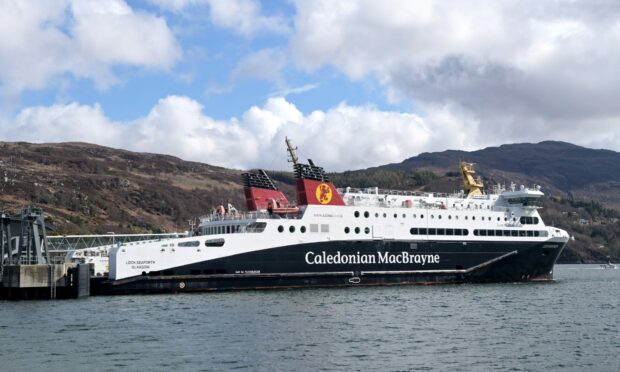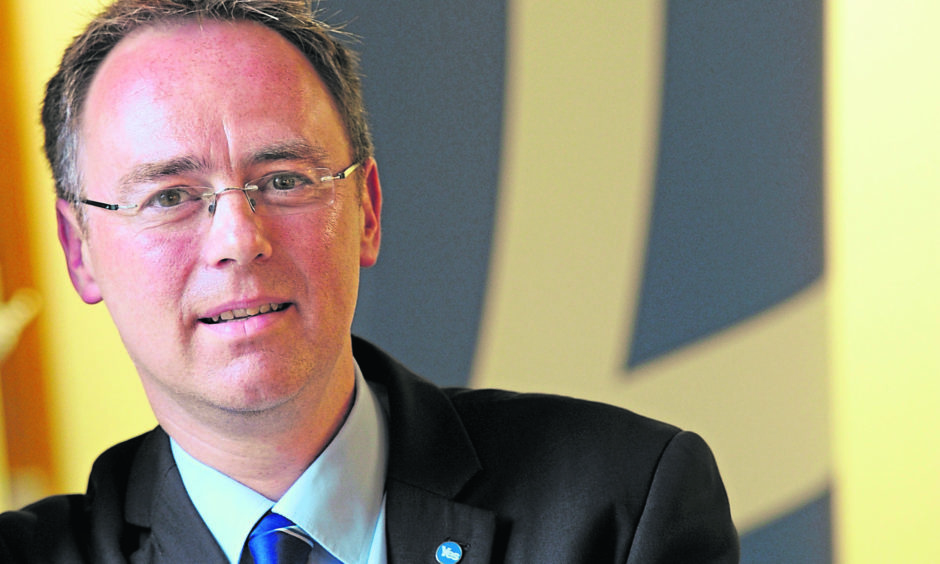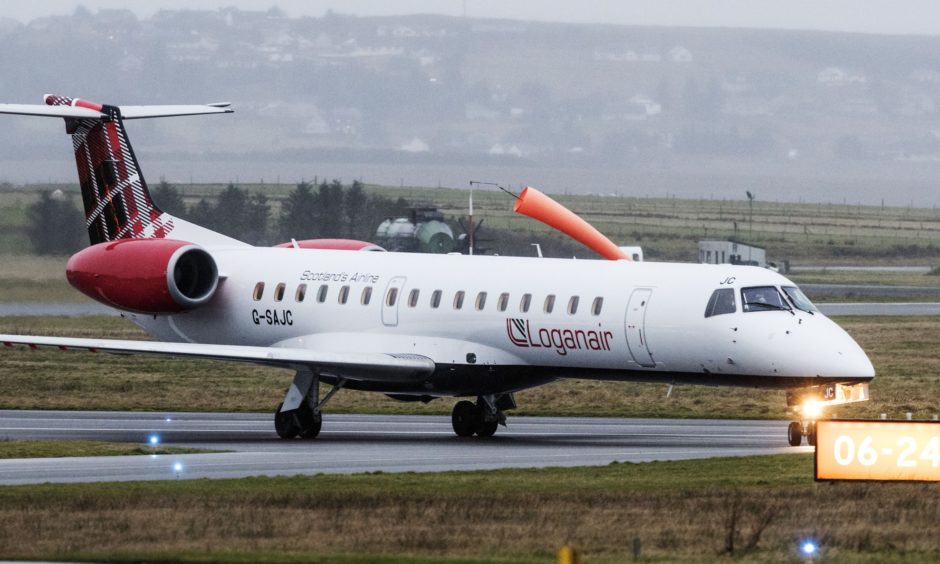Western Isles MSP Alasdair Allan has told the Scottish Government’s transport minister about people’s frustration over the ongoing ferry disruption.
The meeting comes after the MV Loch Seaforth was pulled from Ullapool-Stornoway service following a technical fault.
It resulted in ferry cancellations from Monday evening until the ferry returned to service on Wednesday evening.
Many islanders will be used to the idea of ferry cancellations as it is just one episode in a long-running saga of breakdowns in CalMac’s ageing ferry fleet.
However, the ferry operator has stressed it spent a record amount on fleet maintenance last year.
Frustration from islanders
Mr Allan made clear to minister Kevin Stewart, islanders are “frustrated” over the latest disruption.
The Loch Seaforth is not only CalMac’s newest but the biggest ferry and operates an important route across to the Western Isles.
Not only does it carry passengers who rely on the ferry for travel but also freight which island businesses rely on for their livelihoods.
Mr Allan said: “The community is increasingly weary of disruptions to the ferry service, most recently those caused by the recent breakdown of MV Loch Seaforth.”
“We impressed on the new Transport Minister that this situation has been causing real economic and social harm.”
“I have spent much of the last few days dealing with enquiries from families who are stranded in Ullapool or who are trying to get to medical appointments on the mainland.”
‘Causing real economic and social harm’
While the Loch Seaforth has returned to service, several islanders have voiced their frustration over the lack of reliability when it comes to the ferries.
The issue is further compounded by the reduction in flights to Inverness operated by Loganair.
Flights have been suspended until April 24 due to industrial action, even though that issue has since been resolved.
Mr Allan added: “We all made clear to the minister and CalMac that there has to be better planning around breakdown scenarios.”
“The building of several new vessels does offer longer-term solutions but, in the here and now, CalMac simply does not have enough ships.
“The introduction of MV Alfred into the fleet in the coming weeks does ease some of that pressure, but there is clearly an urgent need for another vessel to be chartered to make the fleet more resilient.”
CalMac has warned the next two years would be “challenging” for islanders as the operator tries to maintain services with the vessels it has.
‘Protecting essential services’
CalMac has acknowledged that ferry breakdowns cause a “great amount” of disruption and take their responsibility to serve island communities very seriously.
Robbie Drummond, chief executive of CalMac, said “We spent a record £34million on fleet maintenance last year, which was an increase of around 70% from £20m in 2017.
“Annual overhaul is a highly complex task which our teams plan for months and involves an average of 35,000 engineering tasks being carried out across the fleet.
“This increased investment can be attributed, in part, to the age of the vessels, with more than 38% of them exceeding 30 years of age and increasing challenges around obsolescence and obtaining parts. Investment in maintenance is planned to grow to well over £40m in 2023.
“Breakdowns cause a great amount of disruption and when they occur, we pull together specialist teams from across the organisation who prioritise getting the vessel back into service.
“We have no spare vessels in the fleet, so the teams focus is on protecting essential services and moving customers onto other sailings if possible.
“We take our responsibility to support island economies and to provide communities with a quality lifeline service very seriously.
“Decisions to cancel services are taken as a last resort but we recognise that disruption to services is extremely challenging for customers. “




Conversation